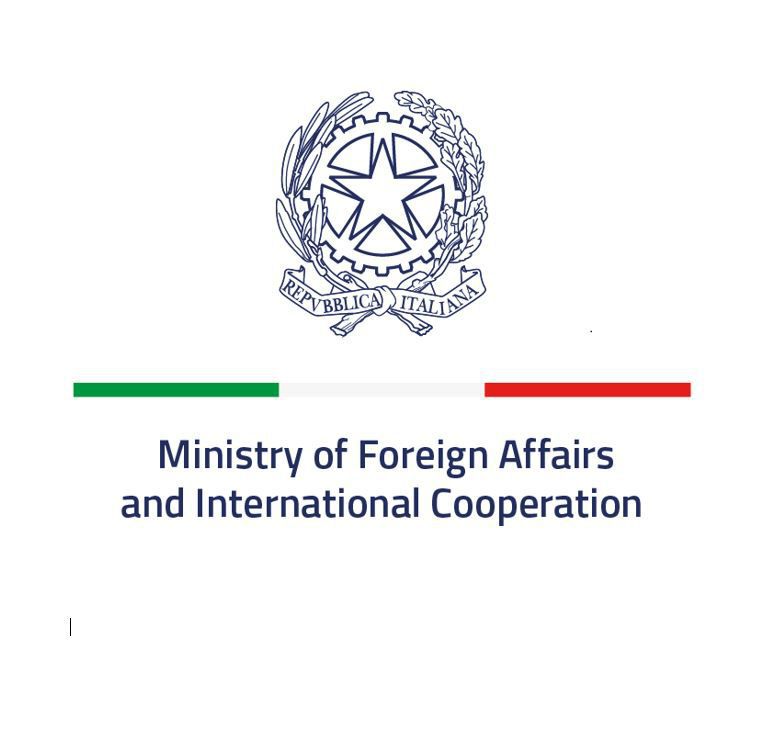MAECI – PROCUREMENT OF MULTILATERAL DEVELOPMENT BANKS: CRITICAL ISSUES AND PROSPECTS FOR EXPORTS FROM SMALL AND MEDIUM-SIZED ITALIAN ENTERPRISES
The project plans to analyze the relationship between Italian companies and contracts financed by MDBs loans from different perspectives. The research aims to answer the following questions:
1) what are the characteristics of the SMEs that manage to win the highest number of orders from multilateral development banks and are there differences according to the type of lender?
2) what organizational forms are implemented for the participation and management of tenders?
3) what are the advantages and limitations of the different organizational forms?
4) how do Italian SMEs participate in international tenders directly or indirectly through the connections they have with foreign companies?
5) what are the causes of the new reduction in the participation of Italian SMEs in tenders financed by MDBs?
6) which factors would need to be strengthened in order to make SMEs more competitive and boost exports?

Objectives
The project will produce new empirical evidence on the phenomenon of internationalization for export, the strategies, the tools necessary for Italian SMEs and the implications for internal growth. From a theoretical point of view, public support to SMEs in the phases of participation in the MDB tenders should lead to an increase in national wealth, available jobs and human resource skills.
The objectives of the project are:
1) understand the reasons that drive Italian companies to participate in tenders financed by Multilateral Banks and the correlations of this evidence with the external changes that have influenced the last three decades;
2) the economic and social assessment of the impact on performance deriving from participation in international public contracts;
3) characterize the type of SME that actually exploits these business channels in a profitable and persistent way over time, identifying a virtuous model of governance that can be replicated if necessary;
4) suggest adequate policies, identifying qualitative and quantitative elements that allow valid reasons to emerge to encourage policy makers to support new public investments for the growth of the internationalization of SMEs.
Researchers
Valentina Meliciani
Paolo Giordani
Pierluigi Murro
Roberto Urbani
This is a group of experts in the issues covered by the project with different and complementary skills. In particular, Professor Valentina Meliciani, since her initial studies at the University of Sussex, where she obtained a Masters in International Economics and then a PhD, has specialized in international economics issues with an empirical approach. Professor Paolo Giordani has published extensively on international economics subjects with a mainly theoretical approach, while Professor Pierluigi Murro has conducted numerous analyses with company data studying the problems of financing and internationalization of SMEs. Dr. Roberto Urbani worked during his PhD on issues of innovation and business performance and studied the most modern methods of qualitative and quantitative analysis.
Aims & expected results
Partner
Founded in 1963, United Nations Institute for Training and Research (UNITAR) aims to develop research in scientific and executive education. UNITAR is governed by a board of directors headed by an executive director. The institute is funded voluntarily by governments, national foundations and other non-governmental organizations. UNITAR, through its network of specific experts in the areas of multilateral banks in various geographical contexts, is a strategic partner both in the data gathering phase and in the data verification and subsequent dissemination of the results. UNITAR’s participation in this project is focused on various operational phases. In particular, UNITAR will assist both in the precise identification of the multilateral banks and in the analysis and collection of related documentation to support the qualitative and quantitative analysis. Furthermore, Luiss SEP and UNITAR will identify a group of experts from the multilateral banks for an operational quality control of the scientific and policy outputs of the projects. Finally, UNITAR, with the support and in coordination with Luiss SEP, will be the primary part in the organization of the final seminar of the initiative and in the dissemination of its results.